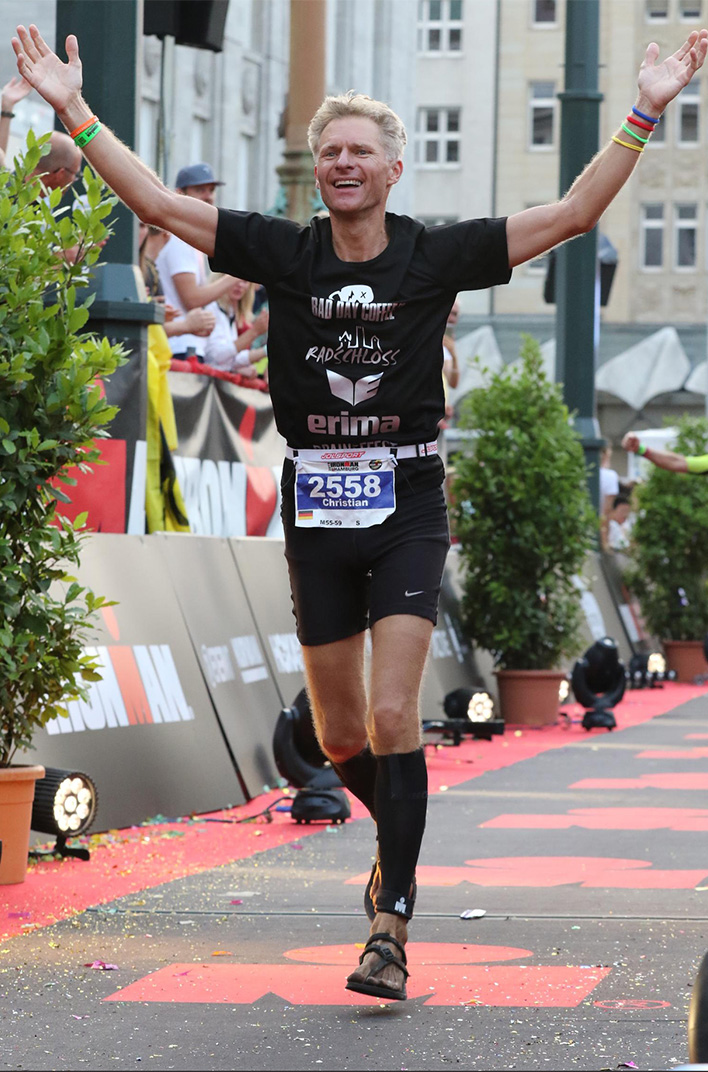What drives me

Looking back on my 30 years of experience as a physician, one realization has become increasingly clear over the years: We need a change in medicine! We need a turn away from repair medicine and a turn towards a medicine of health maintenance!
A preventive oriented health care system is the model of the future. Of course, appropriate structures such as efficient intensive care medicine will continue to be necessary, but the focus of the health care system should primarily be on preventing the development of diseases.
To achieve this, we need to return to the basic pillars of health and health maintenance. These are nutrition, exercise and regeneration.
The extent to which we have lost touch with a natural and healthy diet is shown by the increase in the number of patients suffering from obesity (adiposity), type 2 diabetes, high blood pressure and the resulting cardiovascular diseases such as heart attacks and strokes.
Already Hippocrates, the famous Greek physician of antiquity (ca. 460-377 B.C.), said: “Let your food be your remedy”.
For years, I have been intensively involved with the topic of “healthy nutrition” and, as a nutritional physician, I provide nutritional counseling and nutritional changes for my patients. Studies now clearly show that diseases such as type 2 diabetes, high blood pressure and even deposits in the blood vessels can be reversed by changing to a plant-based diet. In my work with extremely overweight patients, I have been able to observe this time and again. By consistently switching to a whole-food, plant-based diet in conjunction with a significant reduction in caloric intake, it has been possible to achieve permanent weight loss in numerous patients.
The change in diet is the most important measure, especially at the beginning of weight reduction. At the same time, physical activity should be increased with caution. This is where the second cornerstone of maintaining health comes into play: exercise.
“If we could give each individual the right amount of food and exercise, we would have found the surest way to health.” This insight of Hippocrates has by no means lost its significance; on the contrary, we now know more precisely than ever through studies how important nutrition and physical activity are for long-lasting health. But what is the right amount of exercise?
For thousands of years, the motto was: exercise is guaranteed, food may be provided. Today, the motto is: food is guaranteed, exercise may be available. And therein lies the problem.
Our brains still function in the same way as they have ensured survival for millennia: “If food is available, grab it” is the reflex that is anchored in our brains. But the situation has changed. Today we have a full refrigerator and extremely energy-rich food in abundance. Movement is no longer needed to find food. This means that we must consciously and proactively choose to exercise. Only then can we escape diseases of civilization.
In the course of my work in the intensive care unit, it has become particularly clear to me that a large proportion of my patients are not there by fate, but have ended up there as a result of a long-lasting, unhealthy lifestyle. Seeing this misery motivates me all the more to show people a way to find a healthy and mindful lifestyle early on.
The third pillar of health maintenance is regeneration. Mindfulness or mental strength is an essential factor in this. Living mindfully means perceiving and respecting one’s own needs as well as the needs of others. It is about the well-being of people, but equally about the well-being of all living beings.
“Mindfulness is moment-to-moment present, non-judgmental awareness, cultivated by being mindful.” (Jon Kabat-Zinn)
In terms of a MIND-BODY MEDICINE, it is important to practice healthy eating with a healthy amount of physical activity and a caring approach to ourselves as well as to others.
The more we align our lifestyle with these three pillars, the more likely we are to age in health, and the more likely we are to experience serenity and happiness.
My goal, through lectures, education and coaching, is to help give prevention more prominence in medicine and in society’s perception. I want more people to realize and understand the importance of taking responsibility for their own health.
My personal CREDO is: “We doctors are good at keeping people from dying. In the future, we should see our primary job as helping them live healthy, fulfilling lives.”